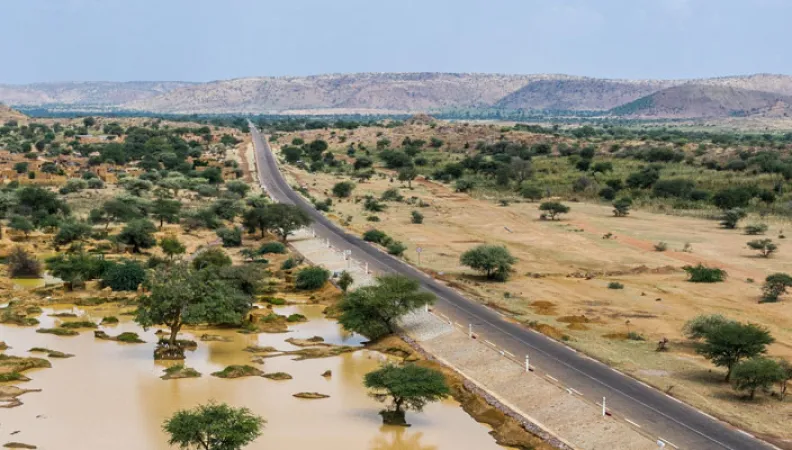Share the page
C2D: A mechanism to relieve indebted countries

The Debt Reduction-Development Contract (C2D) is a tool to restructure the debt of certain countries. In practical terms, once a Heavily Indebted Poor Country has signed a C2D with AFD, the country continues to service its debt until repayment. At each payment on the due date, AFD transfers the equivalent amount to the country in the form of a grant. This amount is used to finance poverty reduction programs.
